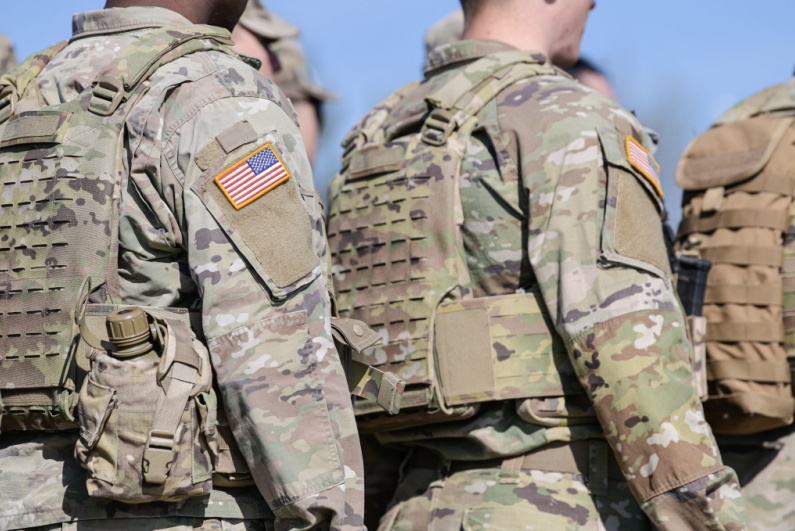Easy access to gambling
US military service members are much more likely to suffer from addiction than the general public. Talking to The Guardian, former sergeant Dave Yeager spoke about a base in South Korea that had a room full of slot machines that he initially relied upon to de-stress.
This eventually turned into addiction: he was in the room every day of the week, phoning people from home to borrow money, pawning off personal items, and even stealing from other service members to keep gambling.
nobody ever questioned if gambling was an issue for him
He said that nobody ever questioned if gambling was an issue for him despite the drop-off in his job performance. The 57-year-old said that adding the warrior mentality of soldiers into the mix with problematic betting results in “gambling addiction on steroids.”
A big earner
Slot machines were not permitted on US military bases at home and abroad before their reintroduction in the 1980s to try to keep troops out of trouble. Over 3,000 machines are now available at bases in a dozen countries, which is significantly lower than the 8,000 machines found in 94 countries in 1999.
The still-functioning machines generate about $100m each year for the military, with these funds typically going towards other entertainment initiatives for the troops. Yeager questioned why none of the money goes towards addiction education or treatment. He believes that the military treats gambling problems more as a discipline issue than a mental health problem.
Taking action
Researchers from Rutgers University in 2021 looked at rates of gambling within the military and found that retired and active service members were doubly likely to be problem gamblers when compared to the rest of the population. An even more recent study suggested that these people are 3.5 times more prone to this type of behavior.
starting yearly screening for gambling habits in 2019
The Department of Defense is taking some action, starting yearly screening for gambling habits in 2019 when assessing the general health of troops, as well as randomly surveying soldiers. A spokesperson for the department said that the “early detection and treatment of gambling disorder” is vital in keeping the forces in overall good health.
